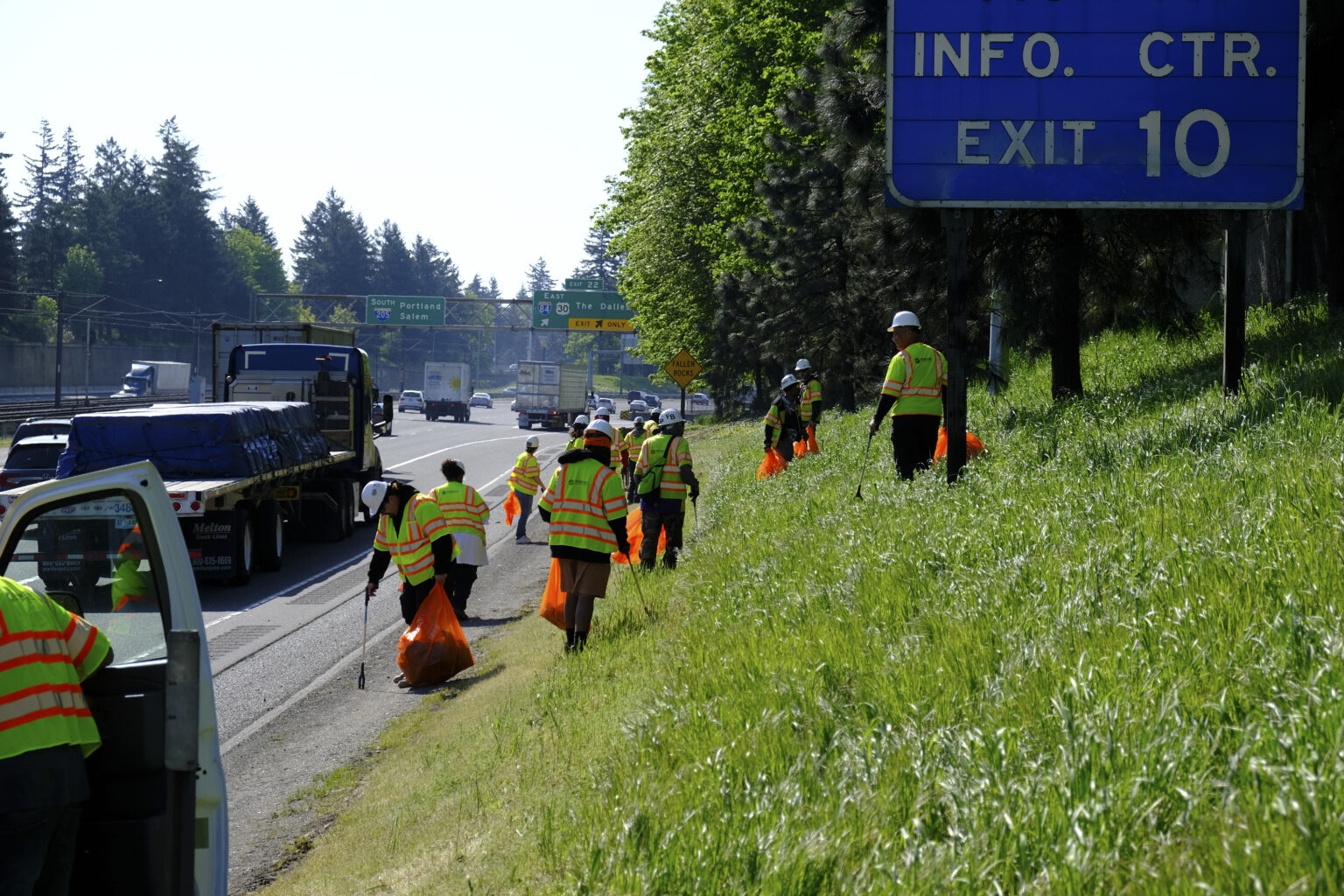Former information officer implicated in latest ethics ruling for Oregon bourbon scandal
Published 2:48 pm Wednesday, July 16, 2025

- The Oregon Liquor and Cannabis Commission oversees the state’s liquor stores. (Oregon Liquor and Cannabis Commission/Flickr)
The Oregon Liquor and Cannabis Commission’s former Chief Information Officer, Boba Subasic, “used his position and his access to confidential OLCC information” to obtain rare bottles of liquor, officials found
A former high-ranking official in the Oregon Liquor and Cannabis Commission used his status and inside knowledge to improperly acquire bottles of highly sought-after liquor, Oregon’s ethics watchdogs concluded.
In recent weeks, the Oregon Government Ethics Commission has been finalizing investigations into six former top officials implicated in 2023 for using their positions to obtain rare, expensive bottles of liquor that normal Oregonians can usually only access through a lottery. The latest case involves Boba Subasic, the commission’s former chief information officer.
Commissioners voted 6-0 Friday to make a preliminary finding of ethics violations against Subasic, giving Subasic 21 days to contest those findings or settle with the commission, likely paying a fine. Three officials have already accepted fines between $500 and $1,500.
Trending
The commission’s findings include that Subasic “used his position and his access to confidential OLCC information to obtain several bottles of Pappy Van Winkle and Elmer T. Lee bourbon from the OLCC reserve stock.”
Subasic’s attorneys argued that his activities were outside the commission’s jurisdictional time scope and the practices he engaged in were longstanding and not unique to him. They two attorneys scored a win in getting commissioners to drop a charge that he had used his position for financial gain in light of the fact that he paid for the bottles himself.
“There was nothing in this case where he was offered a financial gain,” attorney Janet Hoffman told commissioners on Friday. “He was offered at fair market value to purchase a bottle of hard to get bourbon, and he purchased it just like any other person.”
The controversy around alcohol hoarding first came to the attention of state watchdogs after The Oregonian reported on the diversion of rare liquors by the commission’s executive director and high-level employees including Subasic on Feb. 8, 2023
Following that story, an investigation by the Oregon Department of Justice came up with little evidence to support criminal charges in light of the complexity and lack of standardized methods within the agency for tracking inventory and sales to stores across the state.
Now that the commission has made its preliminary findings, Subasic and his attorneys will have 21 days to decide on whether to request a contested case hearing in front of an administrative law judge who would produce a recommendation for the commission to consider.
Trending
Hoffman did not respond to an email seeking comment on further steps. But If Subasic does not request such a hearing, the commission will enter into a final order with him for a penalty that has yet to be decided, wrote Susan Myers, the commission’s executive director, in an email. Two other former employees, business manager Bill Schuette and director of information services Kai Nakashima, settled with the commission for $500 penalties. The agency’s former executive director, Steve Marks, paid $1,500 after commissioners rejected a proposed $500 fine.
Two other cases, against former deputy director Will Higlin and former distilled spirits operator Chris Mayton, are ongoing.
“The maximum statutory penalty is $5,000 per violation,” Myers said. “What the final penalty will be, whether in a final order after contested case hearing or in a stipulated final order, is yet to be determined.”
Commissioner Alicia McAuley, the chief operations officer of the Cow Creek Band of Umpqua Tribe of Indians, said she was leaning toward advancing the case in light of the lack of information the public would have had about the disputed bottles.
“I’m really having a hard time with getting over or getting past that the public had an opportunity to know these things were available, knowing that these bottles were kept in a protect from sale status,” she told her colleagues.
The ethics commission reviewed the DOJ’s investigation and cross-checked its interviews, emails and documentation to search for Subasic’s involvement in the scandal, which involved hundreds of dollars worth of bottles such as Pappy Van Winkle and Elmer T. Lee bourbon sourced from a Kentucky-based distillery.
The commission based its findings on emails among employees and two interviews, in one of which Subasic told Oregon State Police that he received a total of four or five bottles spread over “maybe every other year or something like that,” since starting in May 2018.
Myers said the implication from Subasic’s comments is that he had “at least more than once” obtained the disputed bottles within the agency’s jurisdiction, which would be four years before 2023, when its original investigation began.
She said there was “repeated reference” to Subasic participating in the practice throughout the investigation’s files, drawing a distinction between his activity and members of the public who may inquire with the OLCC about obtaining rare bottles under lottery.
“If Mr. Subasic and other OLCC employees were gaining access to those before they were released, before they were added to the system as bottles available to be shipped somewhere, that would be the use of confidential information for personal gain,” she said.
Subasic lawyers had pushed back on the grounds that much of the evidence was inconclusive, including emails from employees discussing ordering practices they argued were vague and in line with the scope of his work, not the bourbon scandal.
At the meeting, Subasic remained quiet and declined to speak when asked for comment by commissioners, but he did defend himself at the end of the hearing. He said it’s not uncommon for stores to make requests for specialized, rare liquor bottles in advance with the commission, even if they’re under a lottery system.
“The premise that this only happens if you’re a state employee or employee is simply not correct,” he said. “It’s false.”








